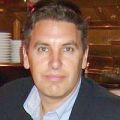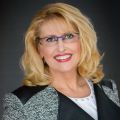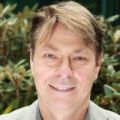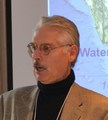THE FUTURE IS HERE: “We thought we were going to see these kinds of fire conditions maybe 10 years down the road,” said Robert Gray, fire ecologist

“Wildfire seasons are beginning earlier and summer droughts are more pronounced, likely enhanced by global climate change. Given the extent of forests in B.C.’s mountainous terrain, most communities are at risk of burning during a wildfire. Understanding the cause and consequences of this problem is essential to find meaningful solutions,” wrote Robert Gray in a co-authored article.










